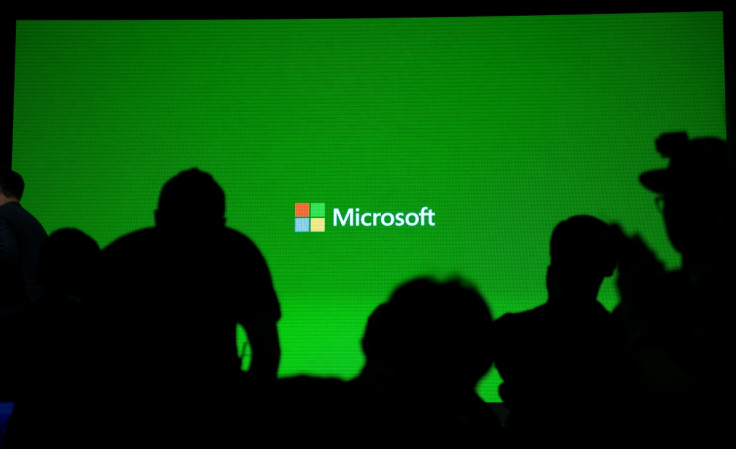Microsoft to alert users of state-sponsored hacking

Microsoft will notify users of its services when it suspects that a government has targeted their account in a hacking campaign.
In a blogpost published on Wednesday (30 December), Microsoft VP Scott Charney said that the firm would begin specifying the source of security breaches to services, including Outlook.com email and OneDrive.
"We already notify users if we believe their accounts have been targeted or compromised by a third party, and we provide guidance on measures users can take to keep their accounts secure," Charney wrote.
"We're taking this additional step of specifically letting you know if we have evidence that the attacker may be 'state-sponsored' because it is likely that the attack could be more sophisticated or more sustained than attacks from cybercriminals and others."
The shift in policy from Microsoft follows similar initiatives set up by Facebook, Twitter and Yahoo earlier this year.
According to Microsoft sources cited by Reuters, the decision to specify the origin of security breaches came after a hacking campaign discovered in 2011 that targeted China's Tibetan and Uighur minorities.
Microsoft responded to these claims with a statement saying that neither it nor the US Government were able to identify the sources of the attacks, which did not come from any single country.
The Redmond-based firm has also provided users with instructions on how to best protect their personal information online from cyberattacks.
"If you receive one of these notifications it doesn't necessarily mean that your account has been compromised, but it does mean we have evidence your account has been targeted, and it's very important you take additional measures to keep your account secure," Charney wrote.
"The evidence we collect in any active investigation may be sensitive, so we do not plan on providing detailed or specific information about the attackers or their methods. But when the evidence reasonably suggests the attacker is 'state-sponsored,' we will say so."
© Copyright IBTimes 2025. All rights reserved.






















